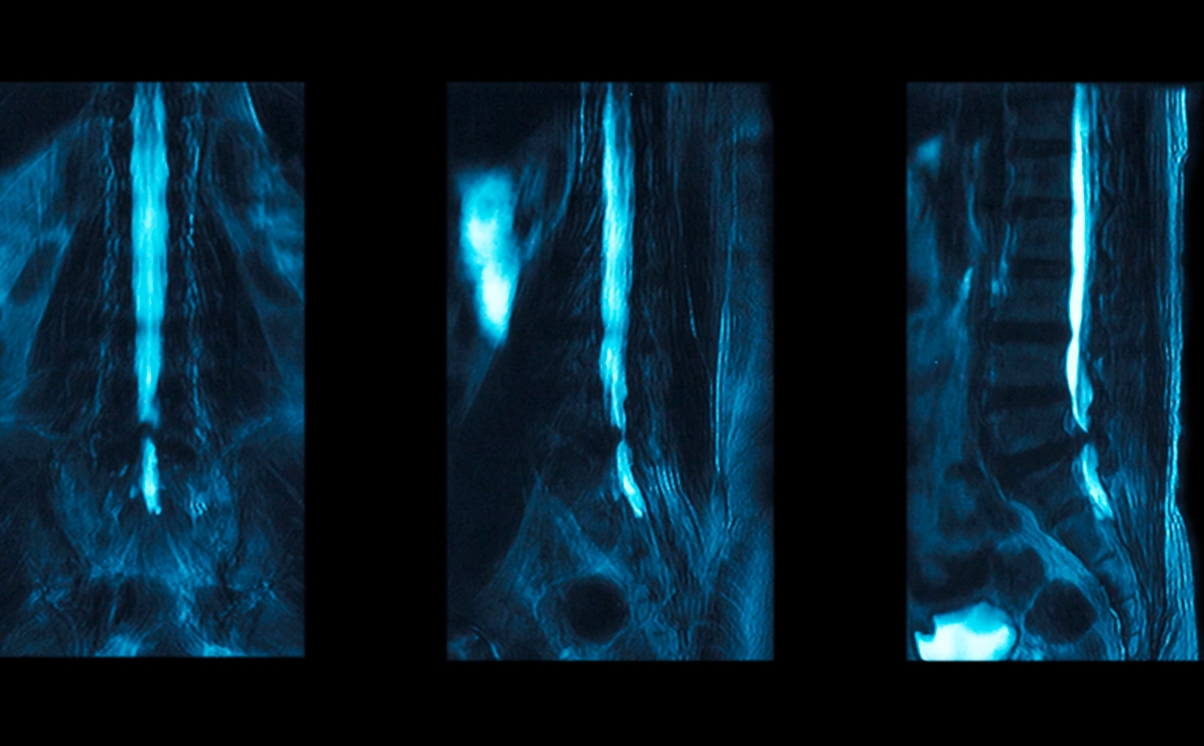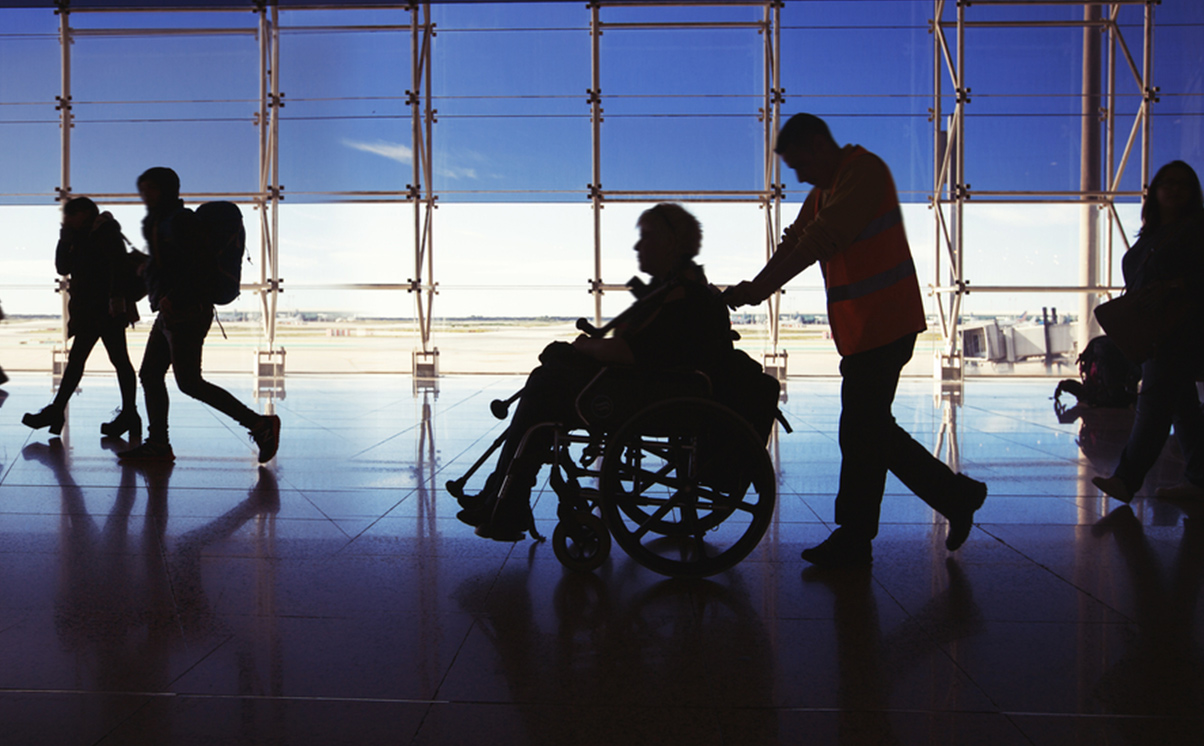Stewarts acted for a 36-year-old mother, RF, in a clinical negligence claim regarding a delay in diagnosis of severe sepsis, which caused septic shock and multiple organ failure.
Prior to her injury, RF was a healthy 36-year-old mother with two children. She enjoyed an active life taking the family dog for long walks and attending exercise and dance classes. When she was not looking after her children, she worked as a civil servant at the Department of Work and Pensions.
In 2013, RF became pregnant. Unfortunately, at only 19 weeks RF’s waters broke and she was admitted to their local NHS hospital. RF was advised that the pregnancy was no longer viable and she had no option but to terminate the pregnancy. RF and her husband were devastated. About an hour after taking the termination drug, RF started feeling unwell. She began shivering uncontrollably and became very hot and thirsty. RF’s husband repeatedly sought help from the midwives but his concerns were dismissed as a reaction to the termination drug.
An hour later, RF started having rigors and vomiting. Despite efforts from her husband, RF was only seen by a healthcare assistant and no action was taken. Two hours later, RF was finally assessed by a midwife who noted that she had a raised pulse, but this was not thought to be a concern. RF was checked an hour later and by then her observations were drastically abnormal with a temperature of 40°C and a pulse of 140 bpm.
An obstetric senior house officer (SHO) was called. The SHO asked for intravenous antibiotics and fluids to be commenced. However, sepsis was not considered as a diagnosis and the seriousness of RF’s condition was not appreciated. There was a further delay of two hours before antibiotics were administered. RF continued to deteriorate during this period.
It was not until there was a change of shift that the oncoming obstetric registrar immediately noted that RF met the criteria for severe sepsis. The antibiotics were changed and increased, and RF was transferred to the labour ward. She was given drugs to expedite the delivery of the foetus, which was the source of the infection.
Following a traumatic delivery, RF was transferred to the Intensive Care Unit (ICU) as she had developed a rash on her chest which was later found to be a symptom of disseminated intravascular coagulation (DIC), a blood clotting disorder. RF’s neck became swollen and she had to be intubated. RF’s organs began shutting down and her husband was told to prepare for the worst.
RF went into renal and liver failure. Her blood cultures showed she had an E.coli infection. RF was transferred to the Liver ICU Unit at a specialist London hospital where she remained in a coma for over two weeks.
RF managed to pull through, but was left with devastating injuries. She was diagnosed with acute liver and renal failure, acute ischemic optic neuropathy (which caused blindness in her right eye), bilateral foot drop due to peroneal nerve palsy and post-traumatic stress disorder (PTSD). She also had subdural haematomas in her brain, which left her with a subtle brain injury. RF needed to have kidney dialysis three times a week until she received a kidney transplant.
RF’s life would never be the same again. Her husband’s plumbing business collapsed as he had to spend so much time looking after RF and taking her to hospital appointments. RF was able to walk but she was unsteady on her feet due to the foot drop and could no longer walk her dog like she used to enjoy doing. RF had numerous falls and had difficulty getting up and down the stairs in her house. RF struggled to return to work and had to accept she could no longer work as a civil servant. Her mild brain injury meant she experienced debilitating fatigue, impaired concentration and word finding/memory difficulties.
Appointment of Stewarts
RF’s case was taken on by Stewarts, with Stewart Young, a senior associate in the clinical negligence team, having conduct of her case. A claim was brought against the NHS hospital trust regarding a delay in diagnosing and treating severe sepsis.
RF’s medical records were obtained and witness statements taken from RF and her husband. One of the evidential difficulties in the case was that nothing was written in the medical records for the first four hours of RF’s illness. The trust carried out an investigation and concluded that RF was, therefore, not unwell until much later than when she, in fact, became unwell.
Supportive independent expert evidence was obtained from an obstetrician, midwife, ICU expert and microbiologist. If RF’s witness evidence was accepted by the court, then there was a delay of around 6-7 hours in treating the sepsis and RF would have made a full recovery had she received reasonable treatment. A pre-action protocol letter of claim was sent to the trust. In their letter of response, the trust only admitted that there was a relatively short delay of around two hours and they argued that this made no difference to RF’s outcome. The claim was defended.
Court proceedings were commenced. In the trust’s defence, they argued that RF’s evidence was “untrue” and they relied on the lack of medical notes to argue that RF was not unwell until several hours later. Our expert evidence was that if RF did not become unwell until the time that the trust said she became unwell, then treatment commenced at that stage would not have avoided all of RF’s injuries and she would still have needed treatment in ICU. The timing of onset of the symptoms was the key to the case.
To quantify RF’s case, expert evidence was obtained from seven experts including a nephrologist, neurological rehabilitation expert, psychiatrist, neuropsychologist, care/occupational therapy expert, physiotherapist and an accommodation expert. The expert evidence was that RF’s home was unsuitable for her needs and she needed to move to a single-storey home. Thankfully, once RF’s injuries had stabilised and she began her rehabilitation, her husband was able to restart his plumbing business.
Despite denying liability and robustly defending the claim for over four years, the trust agreed to attend a joint settlement meeting four months before the case was due to go to trial in the Royal Courts of Justice. Negotiations took place and RF accepted an offer of £1.4m to settle her case. This award has enabled RF to move with her family to more suitable housing and ensures that her rehabilitation, equipment and care needs are met for the rest of her life.
RF said of Stewarts:
“Stewarts were extremely professional, knowledgeable, very well resourced and their client care is clearly paramount.
“I mainly dealt with Stewart Young, who has acted with the highest standard of professionalism throughout my case. He has been approachable, patient, extremely thorough, has always maintained an in depth knowledge of the intricacies of my very complex case. It involved a wide range of injuries and a large number of expert witnesses. His research into, and choice of barrister and expert witnesses was exceptional. I felt completely involved throughout the case, which was a very arduous and frustrating process at times, as the defendant was often difficult to deal with and strongly defended the case. However Stewart played a huge part in making the case run as smoothly as possible and reduced my distress by always having the time to explain each step of the process meticulously.
“The firm’s resources enabled my case to be exhaustively challenged and the result proved this. I cannot speak more highly of Stewart, and Stewarts whom I had complete faith in from our first meeting and would highly recommend in a heartbeat.
“From the first meeting with Stewart, through to the settlement negotiations, the service was superb. I’d been recommended the firm by a family friend who had dealings with the aviation department and I am so grateful that I was pointed in their direction.”
Life Beyond Injury
RF continued:
“The settlement has enabled me to move to a bigger home which can be adapted as time goes on and my health deteriorates. I can have dialysis at home should I need to in the future, rather than attend hospital three times a week. My home can now be made completely step-free so I can go outside and throw a ball for the dogs, which means a lot to me since I can’t walk them anymore.
“I am getting back to some of the activities that I used to do before my injury. I am able to go swimming, have joined a gym and have taken up cycling. I have purchased an automatic car which has allowed me to drive again for the time being.
“The settlement has given me complete peace of mind knowing that whatever happens there will be the funds to support my needs.
“I plan to get involved with the Sepsis Trust in order to raise awareness of this condition”.
You can find further information regarding our expertise, experience and team on our Clinical Negligence pages.
If you require assistance from our team, please contact us or alternatively request a call back from one of our lawyers by submitting this form.
Life beyond injury
We have teamed up with other clients who have suffered catastrophic injuries to tell their stories of Life Beyond Injury. Please visit the Life Beyond Injury webpages here.
We hope that by sharing these stories, newly injured people can see that with the right support they too can overcome adversity to lead full and active lives.
You can join in the conversation and share your stories of overcoming adversity to lead a fulfilling life beyond injury: on Twitter, here #lifebeyondinjury; or on Facebook, here #lifebeyondinjury.
Subscribe – In order to receive our news straight to your inbox, subscribe here. Our newsletters are sent no more than once a month.




